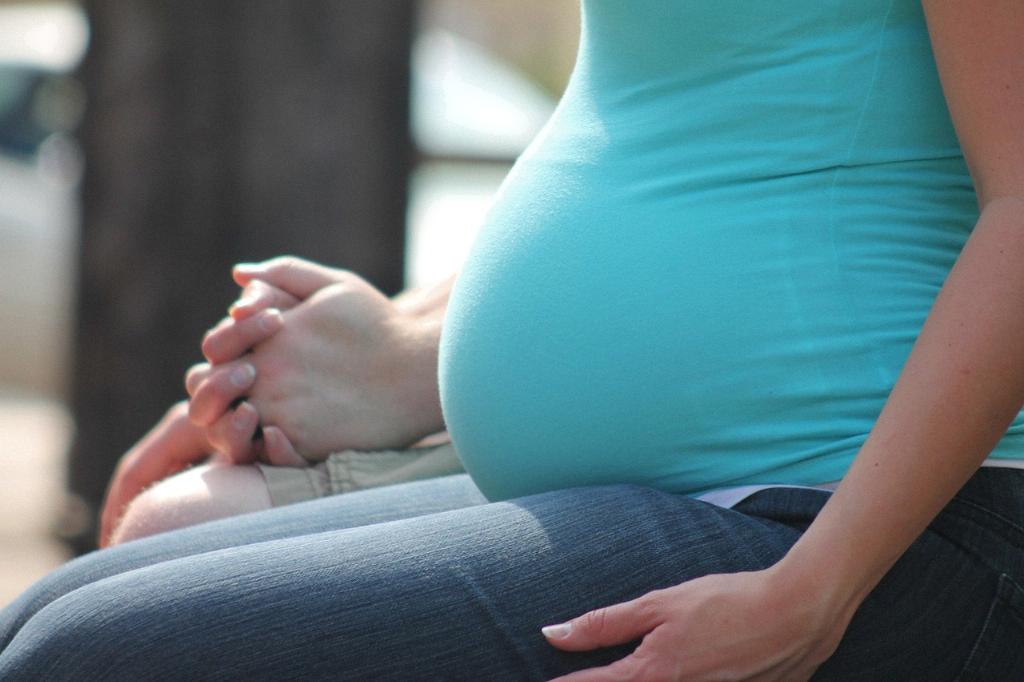During pregnancy, it is crucial to prioritize the health and safety of both the mother and the developing baby. This includes being aware of which vaccinations should be avoided during this delicate time to prevent any potential harm. Certain vaccines have been identified as potentially risky during pregnancy, and it is essential for expecting mothers to be well-informed about these.
One of the vaccinations that should be avoided during pregnancy is the measles, mumps, and rubella (MMR) vaccine. This combination vaccine is known to contain live viruses, which can potentially pose a risk to the developing fetus. It is generally recommended to wait until after giving birth to receive the MMR vaccine to ensure the safety of both the mother and the baby.
Another vaccine that should be avoided during pregnancy is the human papillomavirus (HPV) vaccine. While the HPV vaccine has been proven to be safe for non-pregnant individuals, its safety during pregnancy has not been conclusively established. As a precautionary measure, it is typically advised to defer receiving the HPV vaccine until after pregnancy.
The chickenpox (varicella) vaccine is also among the vaccinations that are generally avoided during pregnancy. Similar to the MMR vaccine, the varicella vaccine contains live viruses that could potentially affect the developing fetus. It is advisable for pregnant individuals to postpone getting the chickenpox vaccine until after childbirth to minimize any potential risks.
It is important to note that the flu vaccine, on the other hand, is recommended and encouraged during pregnancy. Influenza can pose serious risks to pregnant women and their unborn babies, making the flu vaccine a crucial preventive measure to protect against flu-related complications during pregnancy. Pregnant individuals are advised to receive the flu vaccine to safeguard their health and the health of their baby.
When considering vaccinations during pregnancy, it is essential for expecting mothers to consult with their healthcare providers. Healthcare professionals can provide personalized recommendations based on individual health factors and potential risks. Open communication with healthcare providers is key to making informed decisions regarding vaccinations and ensuring the well-being of both mother and baby.
Overall, while some vaccinations should be avoided during pregnancy due to potential risks to the developing fetus, others, such as the flu vaccine, are strongly recommended to protect the health of pregnant individuals and their babies. By staying informed, seeking guidance from healthcare providers, and prioritizing preventive measures, expecting mothers can navigate vaccination decisions during pregnancy responsibly.

